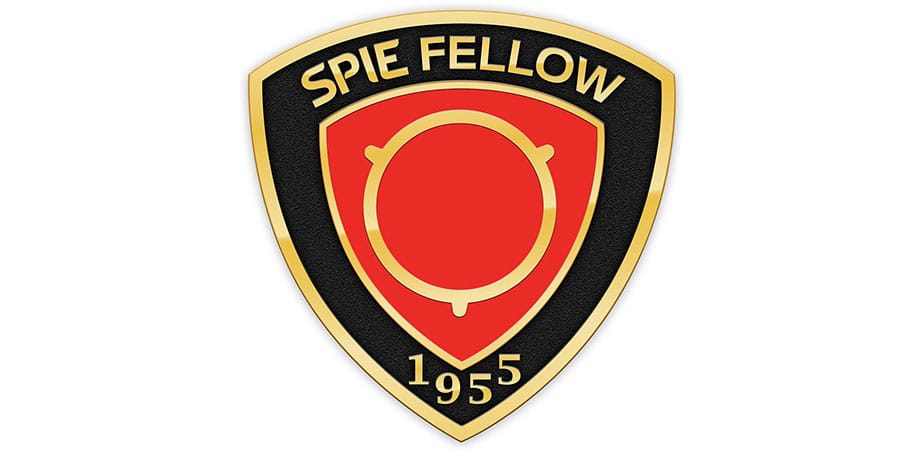Natalia Litchinitser Named SPIE Fellow
The elevation to fellow recognizes the Duke ECE faculty member's pioneering contributions to linear and nonlinear structured light-matter interactions and active photonics

Natalia Litchinitser, a Duke University professor of electrical and computer engineering whose expertise is in developing metamaterials that manipulate the visible portion of the electromagnetic spectrum, has been elevated to the rank of fellow by her peers at SPIE, the international society for optics and photonics.
SPIE fellows are honored for their technical achievements and their service to the Society of Photo-Optical Instrumentation Engineers and the larger optics and photonics community.

This year’s 47 inductees represent high-profile leaders in academia, industry, and government. Since the society’s inception in 1955, nearly 1,800 members have been elevated to SPIE fellows.
Litchinitser’s research focuses on linear and nonlinear optics in engineered nanostructures, structured light in metamaterials, biomedical imaging, as well as the 3D engineering of light beams themselves.
Her pioneering contributions to science and engineering extend from the invention of the antiresonant guiding model enabling the design of modern microstructured optical fibers, transition metamaterials, and structured light-generating metasurfaces, to supersymmetry in optics, optical knots and skyrmions, light filamentation and machine learning.
Litchinitser is also a fellow of the Optical Society and the American Physical Society, and is a senior member of IEEE. Her service to the research community includes terms as general chair for the International Conference on Lasers and Electro-Optics and chair of the Nanoscience + Engineering Symposium for the SPIE Optics and Photonics conference.
She has also served as chair of the selection committee for Optica’s Charles Hard Townes Medal, which is named for the 1937 Duke graduate and developer of the laser, and is presented for outstanding work in quantum electronics.
Metamaterials research at Duke
Our faculty are world leaders in developing new materials with desired properties for diverse applications in health, computing, energy and security.
